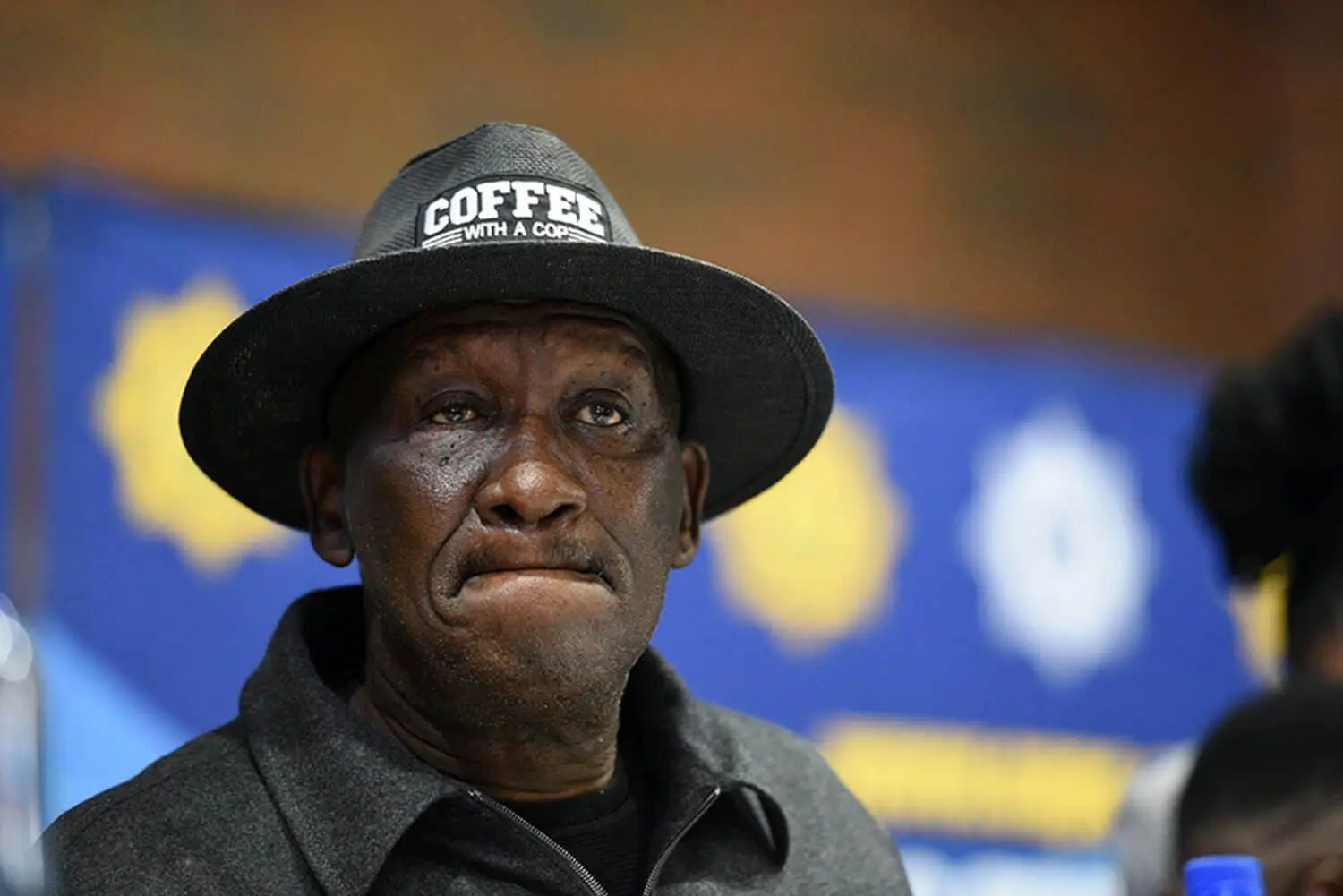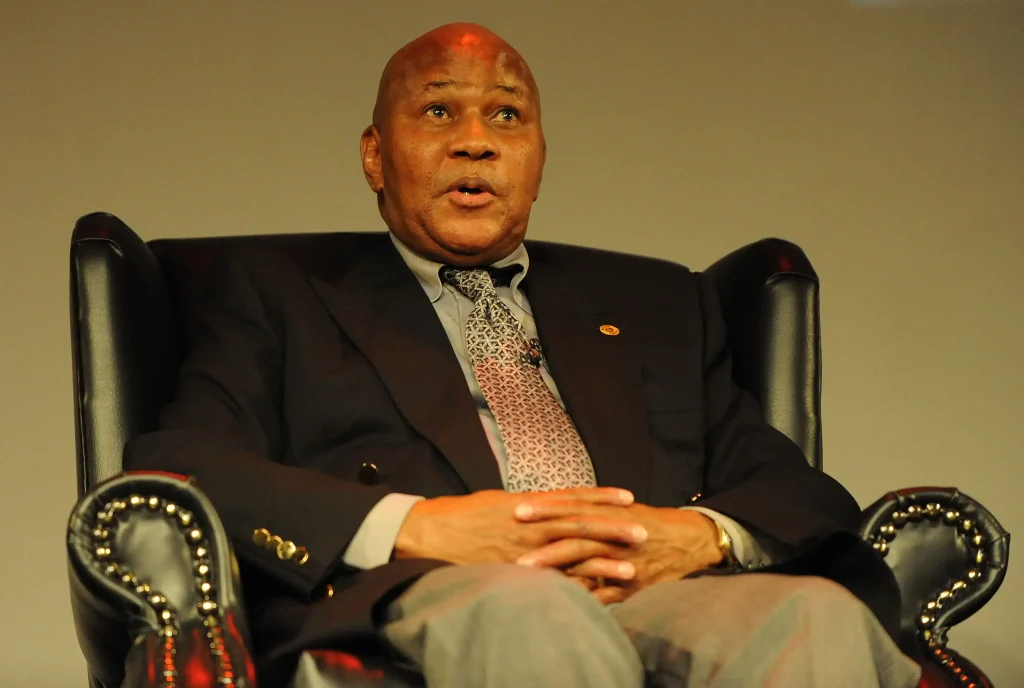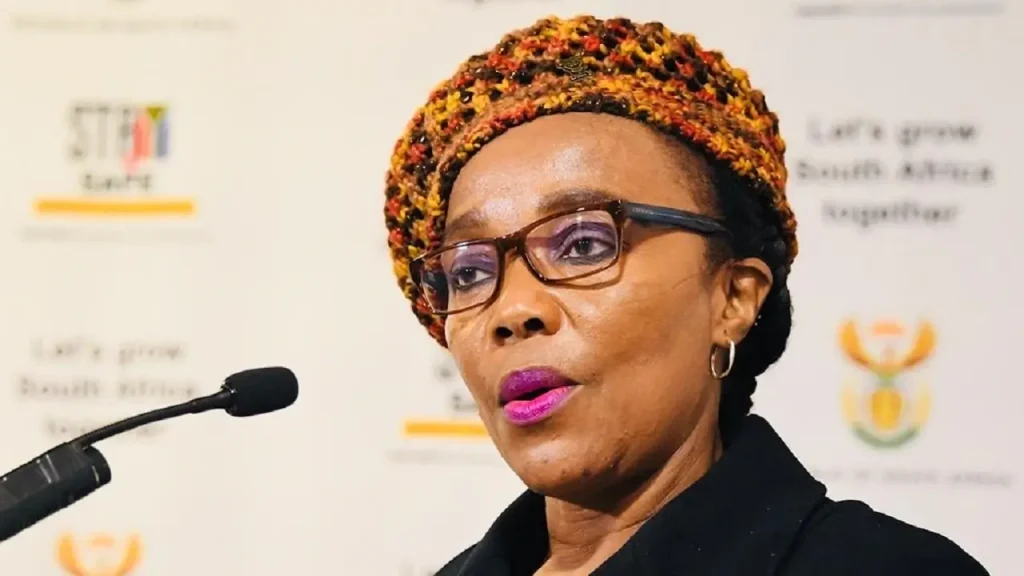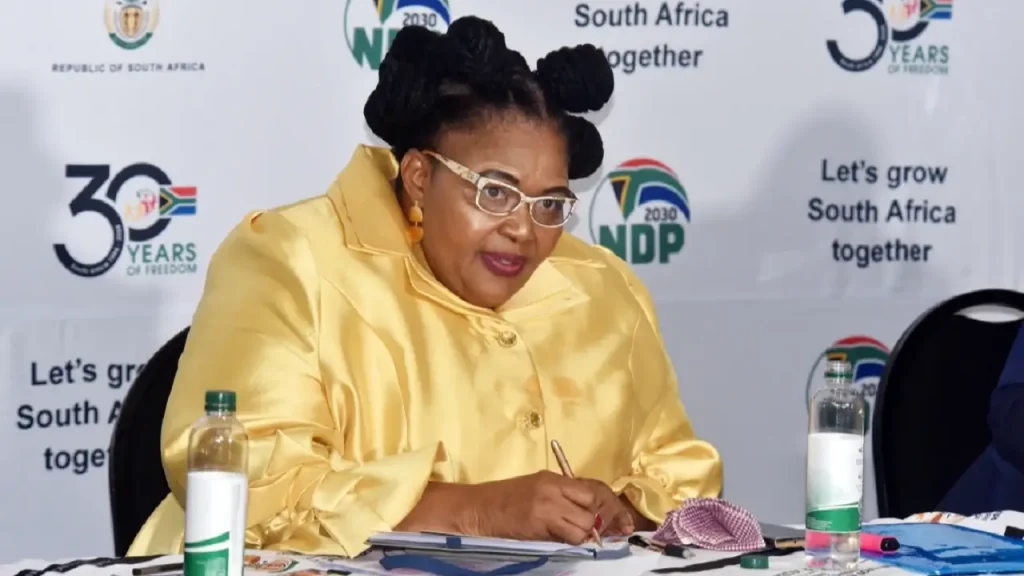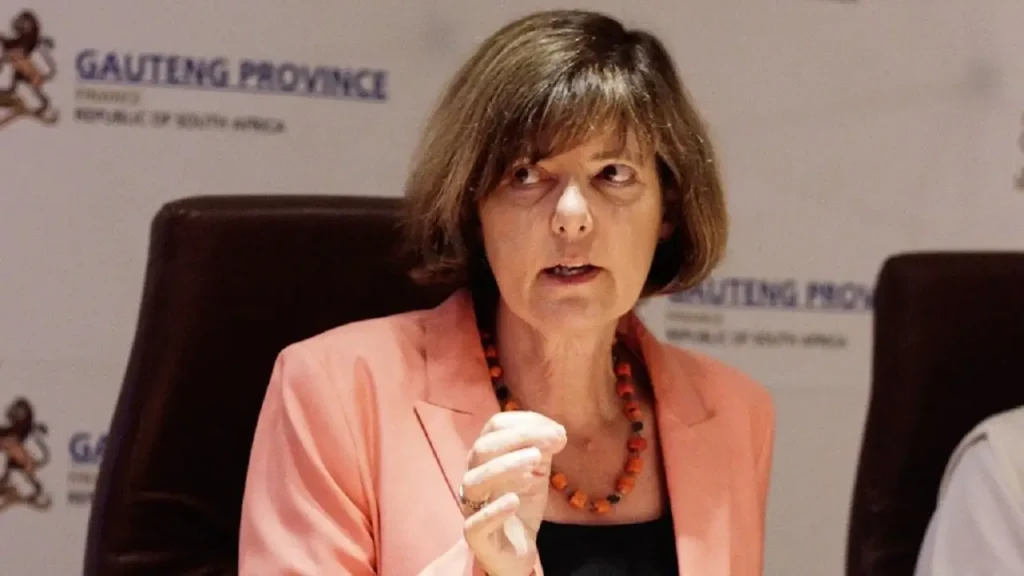Bheki Cele, a prominent South African politician, has played a significant role in shaping the country’s political landscape. Known for his bold leadership style, he has navigated through various key positions within the government, including serving as the Minister of Police. Cele’s life is a testament to resilience, commitment, and the complex nature of South African politics, from his imprisonment on Robben Island to his service in both provincial and national government. Here are 20 essential facts that provide an in-depth look at his life and career.
1. Birth and Early Life
Bheki Cele was born on April 22, 1952, in Umzumbe, Natal (now KwaZulu-Natal). His early life in rural South Africa would shape his later involvement in politics and activism.
2. Education and Professional Background
Cele holds a teacher’s diploma and was a founding member of the National Education Union of South Africa in 1980, a pivotal step in his early advocacy for social change.
3. Involvement in Anti-Apartheid Struggles
In the mid-1980s, Cele went into exile in Angola, where he joined the armed wing of the African National Congress (ANC), Umkhonto we Sizwe. His activism placed him at the heart of the liberation movement.
4. Imprisonment on Robben Island
Cele was imprisoned on Robben Island for three years starting in 1987. He was released in 1990, along with other political prisoners, marking a significant turning point in his life.
5. Political Career Begins
After the end of apartheid, Cele was elected to the KwaZulu-Natal Provincial Legislature in 1994. He quickly rose to prominence within the local political scene.
6. Chairperson of Safety and Security Committee
While in the provincial legislature, Cele served as the Chairperson of the Portfolio Committee on Safety and Security, gaining a reputation for his leadership in matters related to law enforcement.
7. Executive Council Role in KwaZulu-Natal
In 2004, Cele was appointed as the Member of the Executive Council (MEC) for Transport, Community Safety, and Liaison in KwaZulu-Natal, further consolidating his role in shaping South African governance.
8. National Commissioner of Police
In 2009, Cele was appointed National Commissioner of the South African Police Service (SAPS), a position that would define much of his later career.
9. Allegations of Misconduct and Suspension
In 2011, Cele faced allegations of misconduct involving unlawful property deals. These allegations led to his suspension from the role of National Commissioner in October 2011, and his eventual removal in June 2012.
10. Deputy Minister of Agriculture
Following his dismissal from SAPS, Cele was appointed Deputy Minister of Agriculture, Forestry, and Fisheries in 2014, where he served until February 2018.
11. Minister of Police (2018-2024)
In February 2018, Cele was appointed as Minister of Police under President Cyril Ramaphosa’s administration, a role he held until June 2024. His leadership during this period was a subject of intense scrutiny and praise.
12. Reappointment After 2019 Elections
Cele was reappointed as Minister of Police after the 2019 general election, a testament to his resilience and political influence.
13. ANC Leadership and Allegiance
Cele has been a long-time member of the ANC and has served on its National Executive Committee. He was an ally of Jacob Zuma for a period but aligned with Cyril Ramaphosa during the contested 2017 ANC leadership elections.
14. Advocate for Crime Control
As Minister of Police, Cele’s tenure was marked by his strong stance on crime control and law enforcement, often making bold statements about the need for tougher policing in South Africa.
15. Controversial Public Persona
Cele’s public persona is marked by controversial statements and his brash approach to tackling issues within the police force. His leadership style has both attracted support and provoked criticism.
16. Connection to the ANC’s KwaZulu-Natal Branch
In the 1990s, Cele was the safety and security spokesman for the ANC’s KwaZulu-Natal branch, establishing himself as a leading figure in the region’s political affairs.
17. Involvement in eThekwini Region Politics
In the 2000s, he became the ANC chairman for the eThekwini region, consolidating his influence in the local political sphere.
18. Role in National Government Under Ramaphosa
Cele’s role in Cyril Ramaphosa’s cabinet was crucial for maintaining stability in the police department. His reappointment in 2019 signaled the trust placed in his abilities to manage South Africa’s internal security.
19. Personal Life: Bheki Cele’s Family
Bheki Cele is married to Thembeka Ngcobo. They tied the knot on October 2, 2010, at Lynton Hall in KwaZulu-Natal. Their marriage has been a significant aspect of his personal life.
20. End of Ministerial Career
Cele’s ministerial journey ended after the 2024 general election, when he lost his seat in the National Assembly, signaling the end of an era in his political career.

